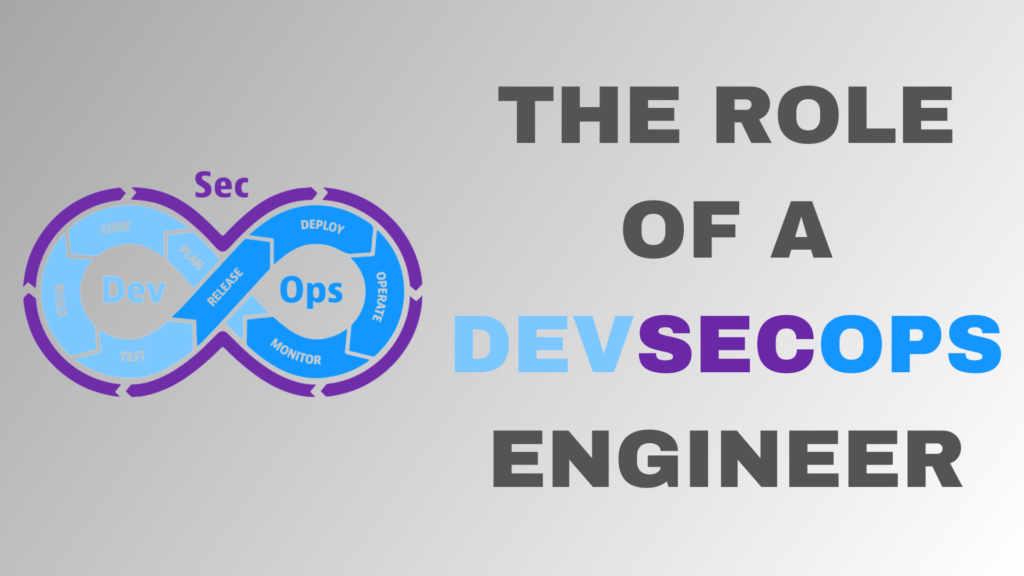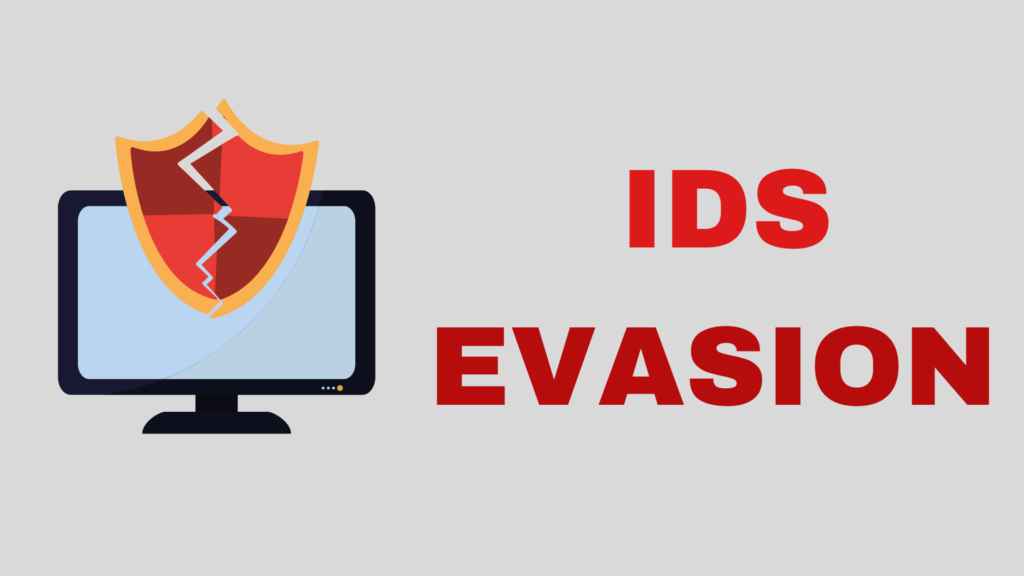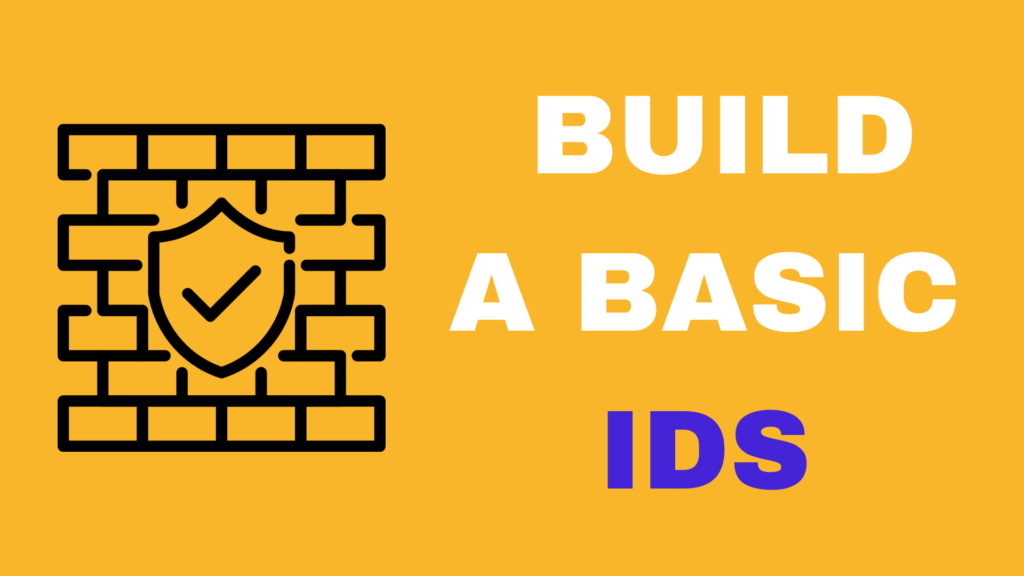Introduction
Computer forensics is the practice of using scientific methods to identify, preserve, and analyze data in order to provide evidence that can be used in a court of law. It is a complex field that requires a wide range of skills, including knowledge of computer systems, data analysis, and forensic tools. If you are interested in getting started with computer forensics, here are some steps you can take:
1. Obtain a degree in computer science or a related field.
While it is not necessary to have a degree in order to get started in computer forensics, having a strong foundation in computer science can be very beneficial. A degree in computer science or a related field, such as electrical engineering or information technology, can provide you with the skills you need to understand how computer systems work and how to effectively analyze data.
2. Learn about forensic tools and techniques.
There are a wide variety of forensic tools and techniques available, and it is important to have a basic understanding of as many of them as possible. Some of the most common tools and techniques include:
- EnCase: This is a popular forensic tool that is used to create a forensic image of a hard drive, which can be analyzed for evidence.
- FTK (Forensic Toolkit): This is another popular forensic tool that is used to create a forensic image of a hard drive and perform forensic analysis on it.
- Hash sets: Hash sets are used to verify the integrity of a forensic image. They consist of a list of hash values for specific files, and can be used to determine if any changes have been made to the original data.
- Live forensics: Live forensics involves analyzing a computer system while it is still running, in order to preserve as much evidence as possible.
3. Learn about the legal aspects of computer forensics.
Computer forensics is a field that is heavily tied to the legal system, and it is important to have a basic understanding of the legal principles and procedures involved. Some of the key legal concepts you should be familiar with include:
- Chain of custody: This refers to the documentation and tracking of evidence from the time it is collected until it is presented in court. It is important to maintain a clear chain of custody in order to ensure the integrity of the evidence.
- Admissibility: In order for evidence to be admissible in court, it must meet certain criteria. This includes being relevant to the case, having been collected and analyzed in a manner that is consistent with forensic best practices, and being properly authenticated.
- Expert witness: In many cases, computer forensics experts are called upon to testify in court about their findings. It is important to be familiar with the role of an expert witness and the responsibilities that come with it.
4. Get certified.
While it is not required, obtaining a certification in computer forensics can be a good way to demonstrate your expertise and credibility in the field. Some of the most respected certifications include:
- Certified Computer Forensics Examiner (CCFE): This certification is offered by the International Association of Computer Science and Information Technology (IACSIT) and is designed for individuals who have at least two years of experience in computer forensics.
- Certified Forensic Computer Examiner (CFCE): This certification is offered by the International Association of Computer Science and Information Technology (IACSIT) and is designed for individuals who have at least two years of experience in computer forensics.
- Certified Computer Examiner (CCE): This certification is offered by the International Society of Forensic Computer Examiners (ISFCE) and is designed for individuals who have at least one year of experience in computer forensics
5. Build your skills through hands-on experience.
While education and certification are important, the best way to learn computer forensics is through hands-on experience. There are a few different ways you can gain practical experience:
- Internships: Many companies and organizations offer internships to students or recent graduates who are interested in computer forensics. These internships can provide valuable hands-on experience and may even lead to a full-time job.
- Case studies: Many computer forensics programs include case studies as part of the curriculum. These case studies provide an opportunity to apply what you have learned in a realistic scenario and can be a great way to build your skills.
- Personal projects: If you are unable to find an internship or case study, consider working on your own projects. For example, you might try to recreate a real-world computer forensic case using open-source tools and resources.
6. Join a professional organization.
Professional organizations are a great way to stay up-to-date on the latest trends and developments in the field, as well as to network with other professionals. Some of the most well-known organizations for computer forensics professionals include:
- International Association of Computer Science and Information Technology (IACSIT)
- International Society of Forensic Computer Examiners (ISFCE)
- High Tech Crime Investigation Association (HTCIA)
7. Stay current with developments in the field.
Computer forensics is a rapidly evolving field, and it is important to stay current with the latest tools, techniques, and legal developments. One way to do this is to regularly read industry publications and attend conferences and workshops. You should also consider continuing your education through additional training or certification programs.
In conclusion, getting started in computer forensics requires a strong foundation in computer science, a thorough understanding of forensic tools and techniques, and a familiarity with the legal principles and procedures involved. Gaining hands-on experience and staying current with developments in the field are also important. By following these steps, you can begin building a successful career in computer forensics.
8. Consider specializing in a specific area.
While computer forensics as a whole is a broad field, there are many areas within it that you can specialize in. Some examples include:
- Mobile device forensics: This involves the forensic analysis of smartphones, tablets, and other mobile devices. It requires specialized tools and techniques due to the unique hardware and software used in these devices.
- Network forensics: This involves the forensic analysis of network traffic and logs in order to identify and track cyber attacks or other malicious activity.
- Cloud forensics: This involves the forensic analysis of data stored in cloud computing environments, such as Amazon Web Services or Microsoft Azure.
- Industrial control system (ICS) forensics: This involves the forensic analysis of control systems used in critical infrastructure, such as power plants or transportation systems.
By specializing in a specific area, you can become an expert in that particular field and may have more job opportunities available to you.
9. Consider working in the private sector or the government.
Computer forensics professionals can work in a variety of settings, including the private sector and the government. Some private sector jobs may be with consulting firms that specialize in computer forensics, while others may be with companies that have in-house forensic teams. Government jobs may be with federal agencies, such as the Federal Bureau of Investigation (FBI) or the Secret Service, or with state or local law enforcement agencies.
Working in the private sector may offer more flexibility in terms of work schedule and location, as well as potentially higher salaries. On the other hand, working for the government may offer more job security and the opportunity to work on high-profile cases.
10. Keep your skills and knowledge up to date.
As mentioned earlier, computer forensics is a rapidly evolving field, and it is important to stay current with the latest tools, techniques, and legal developments. This may involve continuing your education through additional training or certification programs, reading industry publications, and attending conferences and workshops.
By staying up to date, you can ensure that you are providing the highest level of service to your clients and staying competitive in the job market. It can also help you to avoid potential ethical or legal issues that may arise from using outdated methods or tools.
11. Be prepared for the challenges of the job.
While working in computer forensics can be rewarding, it can also be challenging. Some of the challenges you may face include:
- Handling large volumes of data: In many cases, you may be required to analyze large volumes of data, which can be time-consuming and tedious.
- Dealing with complex technical issues: Computer forensics often involves working with complex technical systems and software, which can be difficult to understand and troubleshoot.
- Working under tight deadlines: In many cases, you may be required to work under tight deadlines in order to provide evidence in a timely manner.
- Dealing with sensitive or disturbing material: Depending on the cases you work on, you may be required to view and analyze material that is sensitive or disturbing in nature.
- Working long hours: In some cases, you may be required to work long hours in order to complete your work, especially if you are working on a particularly complex or time-sensitive case.
To be successful in computer forensics, it is important to be prepared for these challenges and to have the skills and resilience to overcome them.
12. Understand the ethical considerations of the job.
As a computer forensics professional, you will be entrusted with handling sensitive and potentially incriminating evidence. It is important to understand the ethical considerations that come with this responsibility and to always act with integrity and professionalism.
Some of the ethical considerations you may face include:
- Maintaining the integrity of the evidence: It is important to handle evidence in a manner that preserves its integrity, and to document all steps taken during the forensic process.
- Protecting the privacy of individuals: In some cases, you may be required to analyze data that contains personal or confidential information. It is important to respect the privacy of individuals and to take steps to protect their information.
- Working with clients: As a computer forensics professional, you may work with clients who have conflicting interests or agendas. It is important to remain impartial and to always act in the best interests of the evidence and the legal process.
By understanding and adhering to these ethical considerations, you can help to maintain the credibility and integrity of the computer forensics field.
Conclusion
In conclusion, getting started in computer forensics requires a strong foundation in computer science, a thorough understanding of forensic tools and techniques, and a familiarity with the legal principles and procedures involved. Gaining hands-on experience and staying current with developments in the field are also important. By following these steps, you can begin building a successful career in computer forensics. Whether you choose to specialize in a specific area or work in the private sector or government, there are many opportunities available for those who are dedicated to this field. It is important to be prepared for the challenges of the job and to understand the ethical considerations involved. With dedication and hard work, you can become a respected and successful computer forensics professional.


